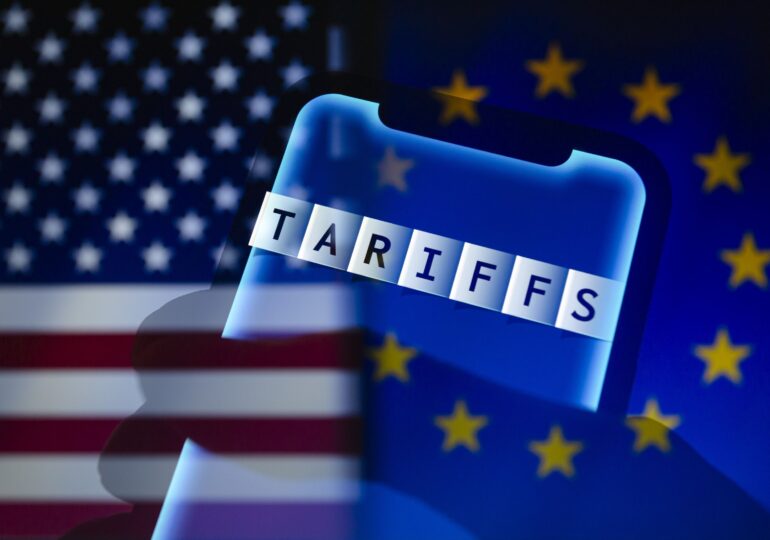Renowned European companies are analyzing the use of a little-known American customs clause called the „First Sale” rule to mitigate the effects of the new trade tariffs imposed by President Donald Trump.
Following the agreement announced by Trump and Ursula von der Leyen, the U.S. will impose tariffs of 15% on most products imported from the EU.
The level is significantly lower than the initially announced 30%, but still ten times higher than the average tariffs applied before Trump's return to the White House, Reuters reports.
For many clothing and consumer goods brands, the sudden tax increase comes at a sensitive time when American consumers are already affected by inflation. In this context, companies are seeking alternative solutions to avoid passing on the costs to customers.
What is the "First Sale" rule?
The "First Sale" rule allows companies to pay customs duties based on the value of the product when it leaves the factory, rather than the final selling price, which can significantly reduce the taxes owed.
This strategy can only be applied to products clearly intended for the American market and that go through multiple distinct international transactions.
"It is one of the options we are considering," said L'Oréal CEO Nicolas Hieronimus. Companies like Golden Goose, Moncler, and Ferragamo have already confirmed they are using or considering this approach.
"The benefit is significant," said Luciano Santel, CEO of Moncler, estimating that the production cost represents about half of the import price.
Complex Process, Yet Tempting
However, the strategy requires rigorous documentation, detailed control over the supply chain, and a strong legal structure to manage transactions. The demand for consultancy in this field has significantly increased, according to KPMG and PwC firms.
"We have three times more requests than usual for tariff mitigation strategies, including First Sale," said Ruth Guerra, a KPMG partner in Paris.
To benefit from the clause, a company must demonstrate the existence of several real transactions, usually from the factory to an intermediary and then to the U.S. company, all entities involved being distinct and independent.
Often, an American subsidiary is used to avoid disclosing confidential information, explained PwC lawyer Francesco Pizzo.
For example, Golden Goose estimates that the 15% tariff impact will translate into only a 3% increase in shelf price, as the "First Sale" rule reduces the base for calculation. The U.S. represents approximately 35% of the company's revenue.
Not Everyone Can Afford It
However, not every company can implement this strategy.
"One of the biggest issues with the First Sale rule is that only large firms truly afford the compliance costs and audit risks," warned American trade and tariff specialist lawyer Michael T. Cone.
Misuse can lead to sanctions, and U.S. customs authorities frequently verify the application of this rule.
"Importers must proceed with utmost caution," Cone emphasized.

